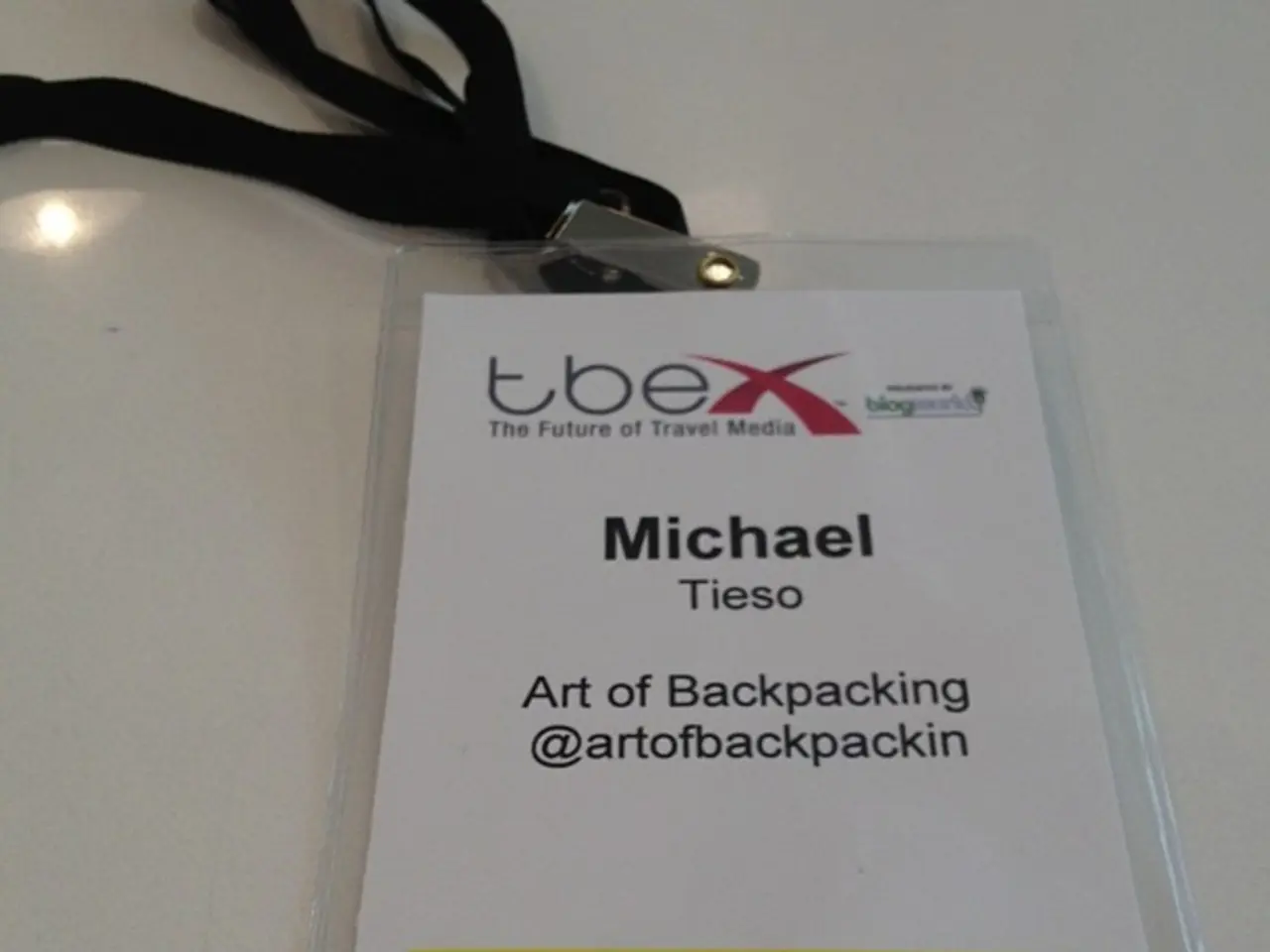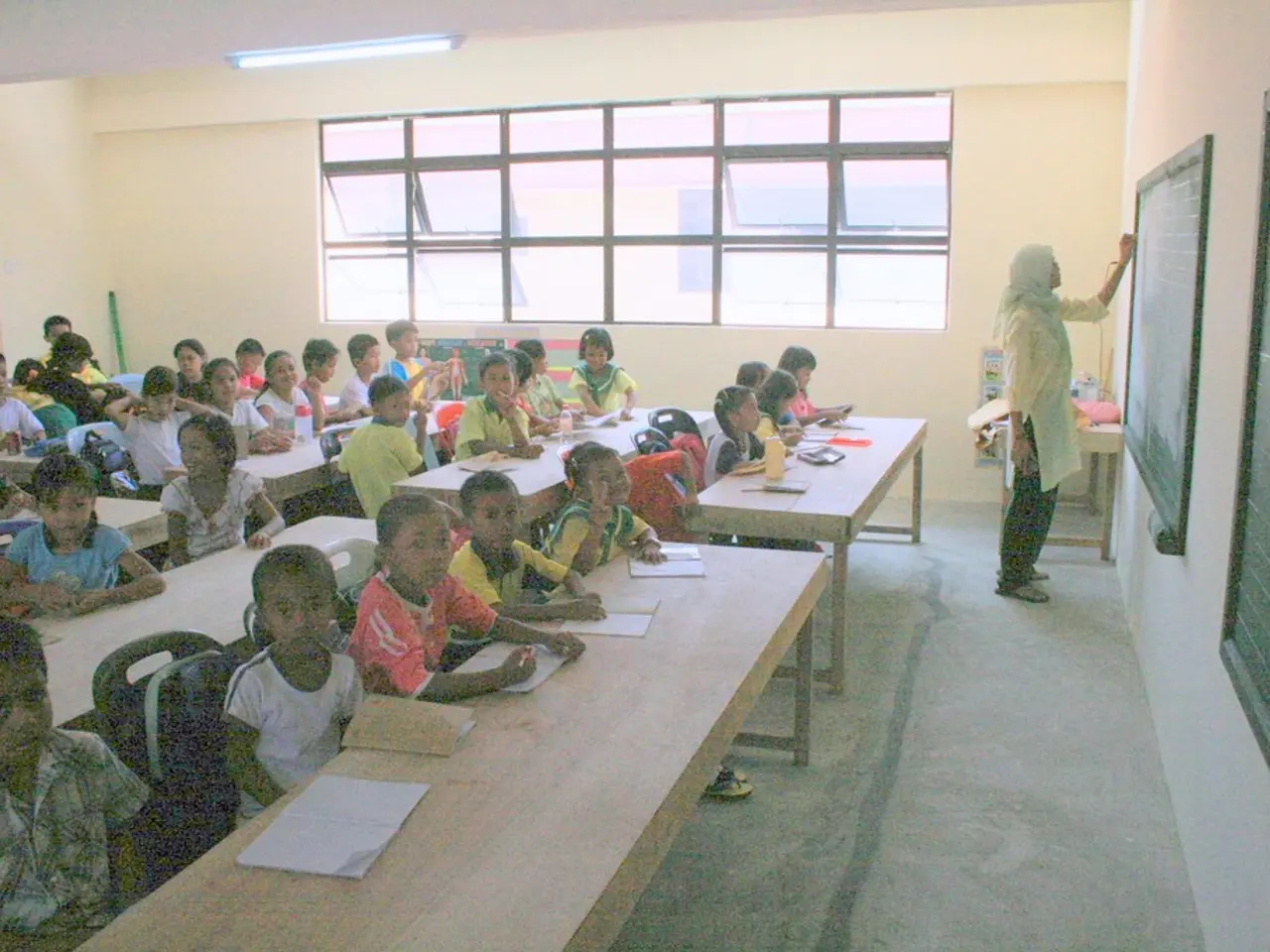Economic Inequality's Influence and Implications on Social Classes
In contemporary society, social class significantly influences an individual's life trajectory, shaping access to quality education, healthcare, job opportunities, and social networks. This article delves into the three major sociological perspectives that offer distinct explanations for this phenomenon: functionalism, conflict theory, and symbolic interactionism.
Functionalism, rooted in the work of sociologists like Emile Durkheim, views society as a complex system where each part or institution works together to promote stability and efficiency. In the context of social stratification and economic inequality, functionalists argue that inequality is necessary for the smooth operation of society. They assert that social stratification provides incentives for individuals to acquire skills, education, and training, rewarding those who perform more important or difficult jobs. Stratification also allocates individuals to roles that match their abilities, which is believed to be essential for the maintenance and functioning of social order. However, critics argue that this perspective overlooks the inherent inequalities, exploitation, and power imbalances that can result from stratification.
Conflict theory, developed by Karl Marx and expanded by others like Max Weber, sees society as characterized by inequality and conflict between groups competing for scarce resources. Conflict theorists argue that stratification is not natural or beneficial for all, but rather a product of power struggles. The ruling class maintains control over resources and the means of production, while the working class is exploited to sustain the wealth of the elite. Society is in a constant state of tension and competition for limited resources, leading to persistent economic and social inequalities. These inequalities are seen as the driving force behind social change, with conflict theory suggesting that only through struggle or revolution can the existing system be transformed.
Symbolic interactionism, developed by thinkers such as George Herbert Mead, focuses on the everyday social interactions of individuals and the meanings they attach to symbols and behaviors. Symbolic interactionists examine how individuals perceive, interpret, and act on the symbols and meanings associated with social class, status, and wealth. For example, how people interpret the meaning of having a prestigious job, or how certain behaviors (like dress or language) signal social status. This perspective is less concerned with the macro-level implications of stratification and more with how individuals experience and navigate class and inequality in daily life.
Each perspective provides a unique lens through which to understand the mechanisms and implications of social stratification and economic inequality. Lower-class individuals may face obstacles such as underfunded schools, limited access to healthcare, and higher rates of crime and pollution in their neighborhoods, which can hinder academic achievements and career advancement. Upper-class individuals tend to have better educational outcomes, health prospects, and career success due to financial stability and access to prestigious schools, advanced healthcare facilities, and enrichment activities. The middle class, professionals, skilled workers, and small business owners, benefit from economic opportunities and education but are vulnerable to economic shocks.
Addressing social stratification and economic inequality requires efforts from governments, communities, and individuals. Strategies to mitigate inequality and promote a more equitable society include education reform, progressive taxation, social welfare policies, inclusive economic growth, and fostering an inclusive culture. The journey towards a more equitable society is challenging but necessary, requiring strategic policies and cultural shifts to address the root causes of social stratification and work towards holistic solutions. Creating a society where opportunities are not dictated by social class but are available to all, regardless of their background, requires collective efforts from communities and individuals.
Functionalism argues that social stratification, while seemingly unfair, is necessary for the system's efficiency, as it incentivizes individuals to pursue education and training for important roles in society, while the government plays a crucial role in providing strategic policies that mitigate inequality and promote education reform, fostering a more equitable society where opportunities are available to all, regardless of social class.
Symbolic interactionism emphasizes the importance of individual perceptions and interpretations of social class, status, and wealth in daily life. As higher-class individuals tend to have better educational outcomes and career success, governments must prioritize social welfare policies, like progressive taxation and inclusive economic growth, to bridge the gap between social classes and create a more equitable society, where education-and-self-development opportunities are accessible for everyone.




